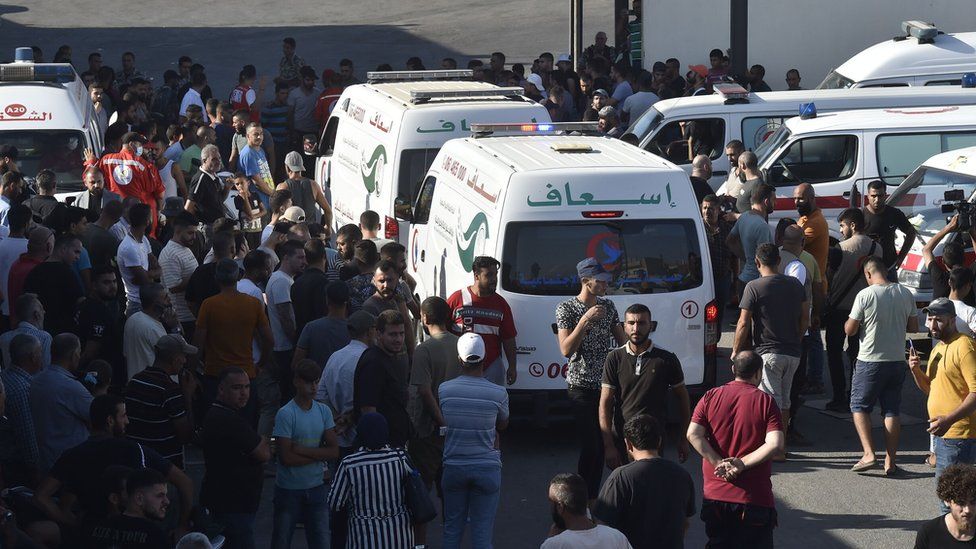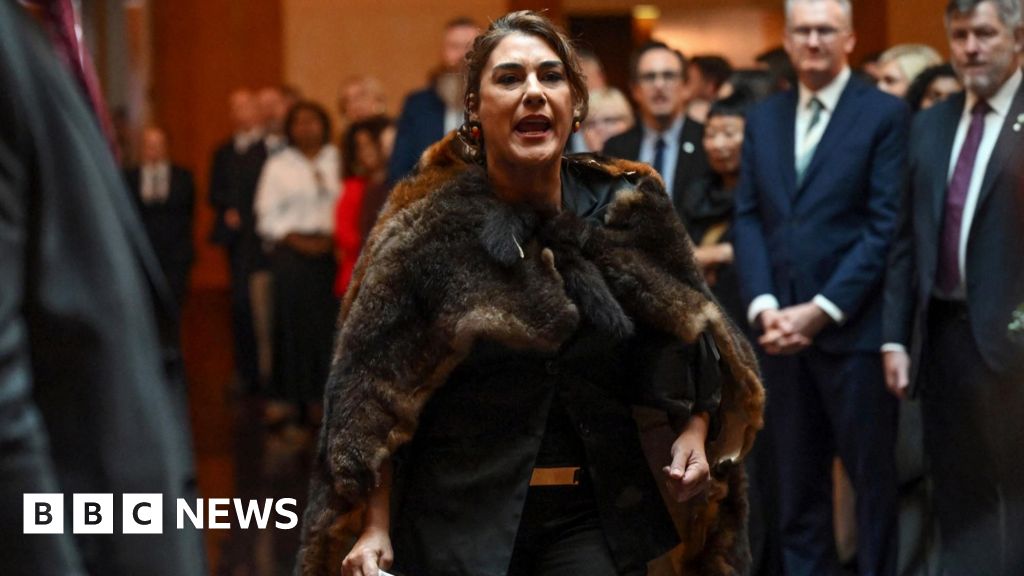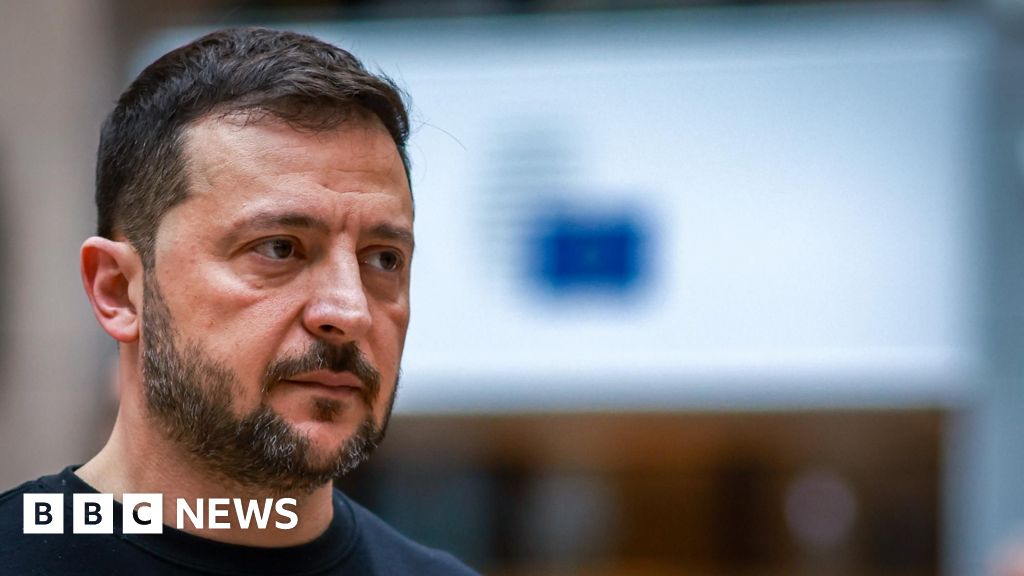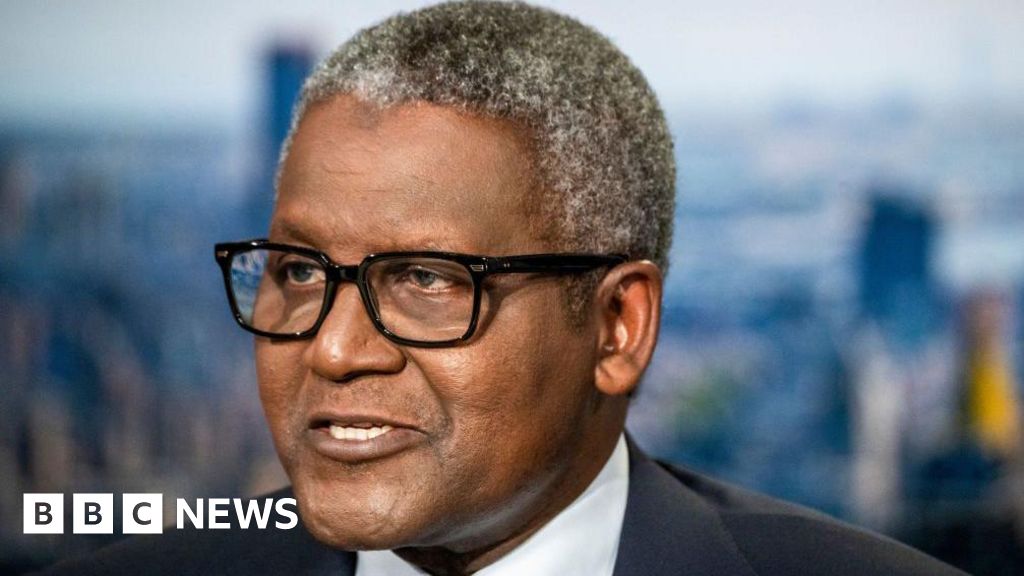ARTICLE AD BOX
 Image source, EPA-EFE
Image source, EPA-EFE
More than 100 people drowned in September when the unsafe boat they had been forced onto sank
By Lina Sinjab
BBC News, Tripoli, Lebanon
"The minute we arrived at the boat the captain realised we would not make it. He shouted: 'Take us back! You are sending us to our death!'"
Hamida, 32, recounts the last minutes before the boat, carrying more than 150 migrants, sank in the Mediterranean.
"Captain Usama was threatened with a gun," she says. "Youssef, the brother of the main smuggler Bilal Dieb, pulled a gun and said: 'We will start with your kids if you don't get on the boat!'"
On a dark night in September, some 300 to 400 people were cramped into a one-story building in a fenced-off farmyard near Tripoli, in the north of Lebanon, close to the Syrian border. They had all paid smugglers thousands of dollars to board a boat to take them to Europe. Within two days, more than 100 of them would be dead.
Hamida Misto, her husband, their three children, and her deaf father were among the passengers. They had spent six days and nights at the farm, where the people smugglers had told them to wait, before boarding a boat heading to Italy.
They were confident about the journey as a group before them had made it to Italy. Abu Firas, the broker who kept Hamida's money, had showed them photos of the vessel that would carry them across the sea. It had looked new and in good shape.
The smugglers called out people's names and took them on a truck to the shore, where they were put on small fishing boats that would take them from the beach to the larger vessel.
Hamida's family were the last to reach the boat, along with the captain who was supposed to sail them to their new life in Italy. But instead, they were taken to a "death boat".
'I watched my son die'
Lebanon's economy collapsed in 2019 amid what the World Bank has described as one of the worst financial crises the world has seen since the 19th Century.
Most of the country's population struggles with basic needs. Many Lebanese, as well as Syrian and Palestinian refugees, have taken to the sea in the last year, trying to escape poverty and the devastating situation.
Wissam Tellawi and his family were among those waiting to take the same boat as Hamida. He arrived with his wife and four children, along with a friend and his family.
Wissam lost his wife and four young children
"When we arrived in the middle of the sea, we realised it is not what we were expecting. It was clear that the boat was not in good shape and there were too many people on board - more than 150," recalled Wissam, who had returned from hospital in neighbouring Syria.
"My friend told the smuggler: 'You are taking us to our death. This boat won't make it!' The smuggler then threatened us and pointed at our children saying: 'You get on or I will drop your kids in the sea!'"
Wissam is 37 years old and works as a waste collector in Tripoli. He was the father of four children: May, 9; Ammar, 8; Maya, 5; and Mahmoud, 4.
Wissam transferred the deeds to a flat under construction that he had inherited from his family, worth $18,000 (£15,300), to the smuggler to cover the cost of the trip, hoping for a better future.
"I kept on swimming for two days. I couldn't find my family. I held my daughter on my back, and I tied my son around my chest. Slowly, I saw my son dying in my hands. He was too thirsty, too fragile to continue. I started losing conscious. When I woke up, I couldn't find my daughter. They were all gone."
All four of Wissam's children and his wife drowned.
'Who will give me justice?'
Hamida, originally from Syria, tells similar a story.
She and her husband wanted a better life in Europe and paid around $10,000 to get on the boat.
She says they were the last to reach it, along with the captain - a middle-aged Palestinian man - his wife, and their three children.
"The minute we saw the boat's condition and how it was overloaded with people, we realised it wasn't going to work," she recalled.
"Everyone was in panic mode. Women and children crying and vomiting. Men moving from side to side to keep the boat in balance. The waves were too high, and the engine wouldn't work."
Hamida: "We called for rescue, but no-one answered."
Both Hamida and Wissam said the captain called for rescue. He repeatedly called the smuggler, who promised to send support but then hung up on him. He tried to call the coast guard, but there was no answer.
Hamida and Wissam said that the smugglers' network included members of the army who helped secure the route to the Lebanese shore.
"Abdullah Dieb is Bilal's cousin who serves in the army," Wissam said. "He drove the lead car ahead of us to the port where we sailed from."
Bilal Dieb has been arrested. But other members, including the broker Abu Firas, are still at large. Local media also reported that some members of the army were allegedly involved in the operation.
Wissam is hiring a lawyer to get his house back. Hamida believes that the law cannot return what she lost.
"Who will give me justice? They were there - they knew we were drowning, and we called for rescue repeatedly, but no-one answered," she said. "Only God can give me justice".
Hamida spent days unconscious in a Syrian hospital in the city of Tartus.
She recalls someone shouting at her saying "you are alive" and pulling her out of the water.
She remembers the boat capsizing, throwing the whole family into the water. The last thing Hamida remembers is her husband taking their eldest daughter, 13, and giving her their son, 12, asking her to save him. The children, including an 11-year-old daughter, and Hamida's husband, did not survive.
"I keep hearing my son screaming: 'Mom, I am dying!' I don't know if my children will ever forgive me for taking them to death by my own hands."

 2 years ago
20
2 years ago
20








 English (US)
English (US)